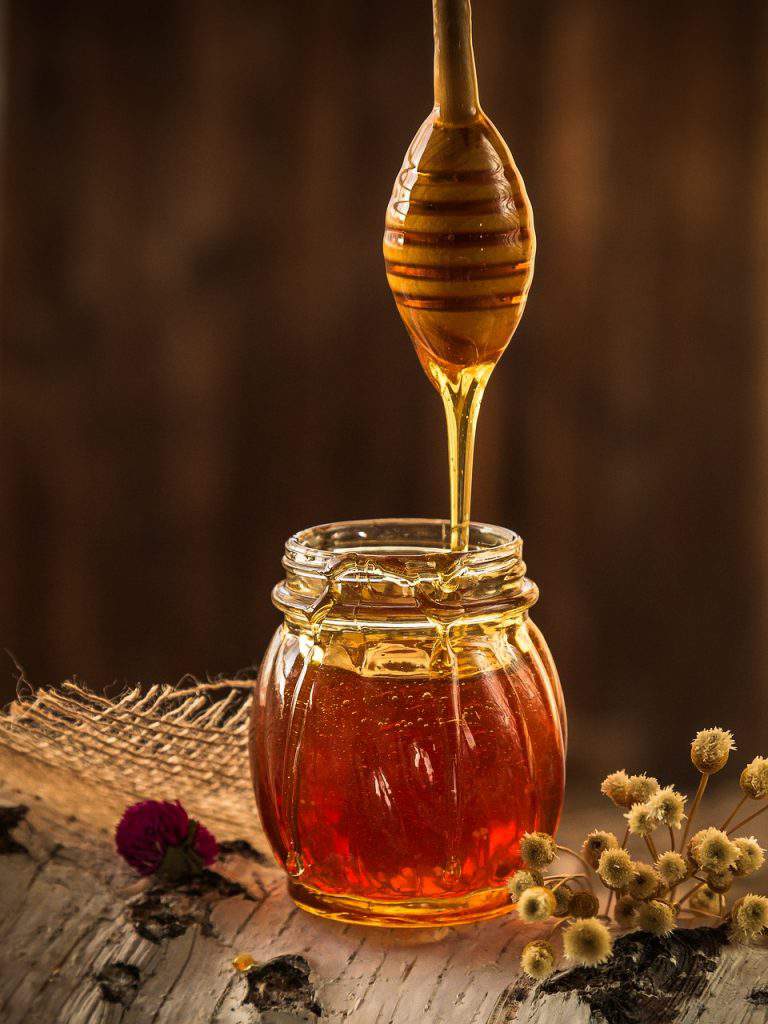New Year’s Eve superstitions in Hungary – PART 1

Magyarorszagom.hu collected the most common New Year’s Eve superstitions preserved in Hungary for centuries. Here are the 1st half of these superstitions that can assure you good luck for the New Year. Whether you want to be wealthy or wise, married or simply happy, it is worth reading them even for the sake of fun. However, if you believe that these might run your life and determine the positive outcome of the things in your life, you might want to gather further ideas about how to do things correctly. Your amusement is undoubtedly guaranteed.
A short history of the celebration of New Year’s Eve
The day when we say farewell to the Old Year and welcome the New Year was named after Pope St. Sylvester I who was elected as the leader of the Christian church. He died in Rome, on 31 December 335, which is the day of today’s celebration. For quite a long time, however, there was no consensus on the question of the timing of this ceremony. There were occasions when it was celebrated on 24 December, or later at Epiphany on 6 January. It is only since 1691 that it became a fixed celebration with the decision of Pope Innocent XII.
As far as Hungarians are concerned, the beginning of the New Year was most probably around autumn or spring in the old times because these seasons marked the end or beginning of important agricultural activities.
For instance, spring meant the retirement to the summer pastures, while the coming autumn season denoted that it is time to move on to the winter pastures and accommodation. The tradition of New Year, celebrated in the middle of winter, around Christmas, is a European tradition, and it is only since the last century that nations celebrate it on 1 January.
Let’s check out some of the superstitions attached to this celebration!
1. According to an old Hungarian superstition, if we do not plunder the pantry on New Year’s Eve, there will not be any cause for concern about lack of food in the following year. Anyway, it is a good idea to leave some food in the fridge or the pantry if you do not want to risk the fulfilment of this prophecy. On this occasion, Hungarians, similarly to the Greek, like having bread on the table because it also symbolises material wealth that will accompany the family in the New Year.

2. Be careful with what you eat at New Year’s Eve. Poultry is a bad omen as hens scratch backwards, but fish might also be worth avoiding in order to play safe. In regions located close to rivers (so, it is very much valid for Budapest), fish might bring good luck as the more scales it has, the more prosperous you might become in the following year. On the other hand, good luck might also swim away from your house. It is up to you to decide in which you believe.
3. Happiness and life can be lengthened with the consumption of different types of strudels. The more rich the filling is, the more likely that the following year will offer a lot of happiness to the individual.

4. It is believed that on New Year’s Eve, it is not good to lend or borrow anything. As Hungarians say, “the benefits of a cow might slip away” even if you do not have a cow. Of course, this should be understood figuratively with the meaning that good luck flies away.
5. Many households cook a piece of almond into the lentil soup on this occasion, and it is anticipated that the girl or boy finding it gets married in the following year.

6. On the 1st day of the New Year, refrain from quarrels and arguments. Indeed, it is believed that those who argue on New Year’s Day will spend the rest of the year with quarrelling. I suppose you will not like it 🙂
7. On New Year’s Day, taking out the garbage is strictly forbidden as you might also throw away your luck with it.

8. Another exciting belief related to the New Year’s luck is to fill up all the half-full containers and bowls found in your kitchen including the salt cellars, the sugar bowls and the coffee canisters. If they are full, food abundance is guaranteed while otherwise, severe food shortage can be expected.
9. In the old days, lovers and prospective spouses regarded it of utmost importance to fill up the honey jar, too. A funny belief attached to it is that if the lovers cover their lips with honey before stealing a kiss at midnight, their marriage is more likely to be long and sweet like the honey. 🙂

10. Closely related to the previous belief is the idea that honey should be put on the lips of kids as well to make them sweet whose talk is also sugary. This superstition encompassed further ideas like that this practice can bring along the abundant amount of sweets to the delight of those with a sweet tooth. And of course, the practicality of the practice should not be neglected either, as it was used against the cold for chapped lips, too.
If you liked this list, you might be interested in the continuation, too. Stay tuned for the 2nd part! 🙂
Source: magyarorszagom.hu







